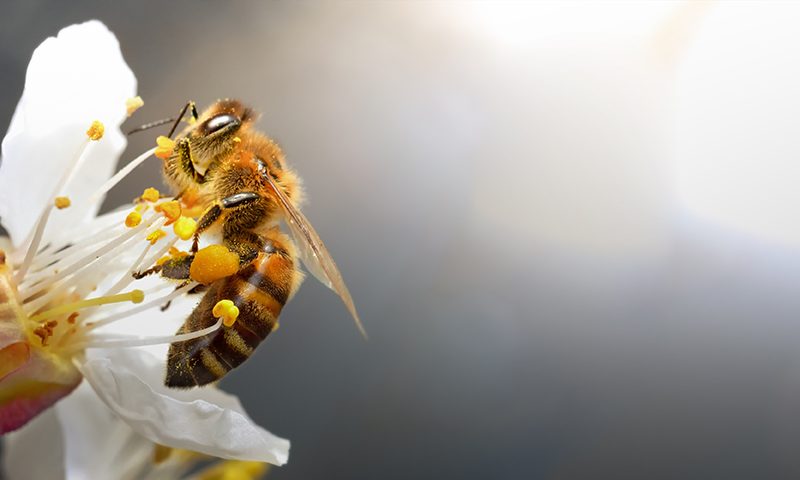Weather is often a significant issue for beekeepers as it can have a direct impact on colony survival. But this past January’s freeze event will also have an indirect effect, killing off a major source of revenue for Interior beekeepers as well as a source of spring foraging for their bees.
The freeze event January 11-13 promises a significant reduction in cherry blossoms and few, if any, on peaches, apricots and plums. This nixes an important source of income for many beekeepers in the province.
“We have seen a wholesale cancellation of fruit pollination contracts,” Creston-area beekeeper Jeff Lee told the BC Honey Producers Association semi-annual meeting in Kamloops, March 22-23. “I know of one beekeeper who normally places 400 hives in orchards and all of those contracts have been cancelled by the fruit grower.”
BCHPA president Heather Higo says the association is seeking AgriRecovery funds for members, who will face a direct loss of revenue for pollination services as well as potentially lower honey production.
“We have had excellent support from the AgriRecovery people so far,” Higo says.
Beekeepers discussed other challenges at the Kamloops meeting, too.
Small hive beetle appears to be getting a foothold in the Lower Mainland, provincial apiculturist Paul van Westendorp reports, a result of bees flying into Canada from infected US colonies placed along the international border to pollinate Canadian blueberry fields.
Van Westendorp describes small hive beetle as a “minor pest,” but as a federally reportable one, any sighting must be reported to the Canadian Food Inspection Agency.
The province has hired additional staff to carry out a comprehensive survey this spring as well as providing inspection services, van Westendorp says.
“Movement of bees from infected operations is prohibited until they receive a clean inspection,” he explains. “Beekeepers within a 5km radius of an outbreak will also be inspected.”


 Triple-whammy for farm income
Triple-whammy for farm income